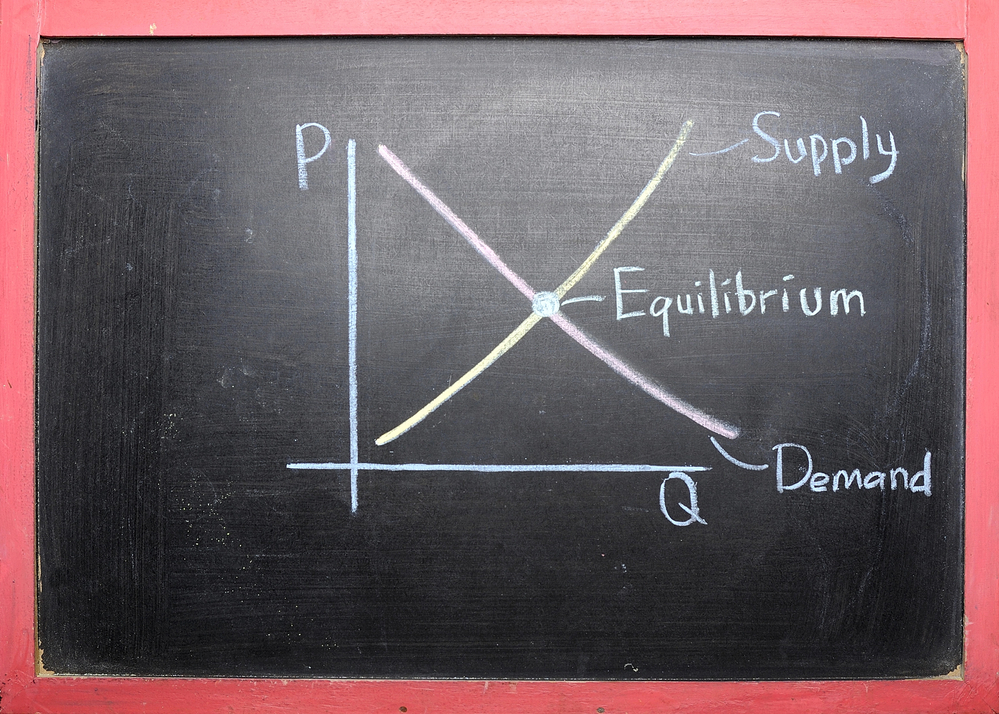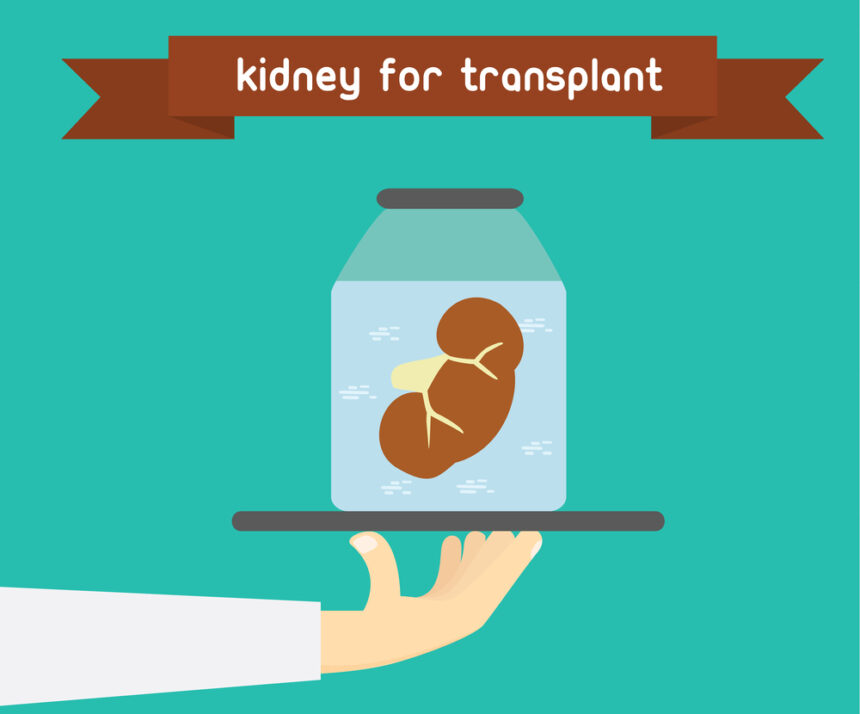Who would have thought that? Doctors actually transplanted a pig kidney into a human, and the operation appears to have been a success (for the human, not the pig!). The patient was helped by the transplant, and her body did not reject the transplanted kidney, as initially feared.
One would think that the first candidates in the animal kingdom for this kind of experiment would be gorillas or chimpanzees, who are genetically closer to humans than pigs, but doctors undoubtedly knew more than that.
This raises a natural question: we Homo sapiens all have two of these organs, and only need one of them for satisfactory performance, so why turn to pigs, of all animals? After all, our fellow humans are much closer to each other, biologically speaking, than we are to any other animal, like Porky Pig and his ilk.
Why do we have to rely on pigs? Because there are not enough human organ donors, while the number of people who need organ transplants is far greater. In the United States alone, there are nearly 90,000 patients on the waiting list for kidney transplants. While they wait, they have to suffer in kidney dialysis machines, a much inferior alternative. So why is this the case? This is because the law prohibits any payment to donors other than nominal. Young people who ride donor vehicles (motorcycles) go to the grave with their kidneys intact, while others enter this world much earlier than they should because they do not have kidneys. Thanks to this malicious, wicked, and horrible zero price control law, the two can never meet.
One of the reasons for this sad state of affairs is that left-wing ethicists have successfully argued the view that human organs “cannot be commodified.” Why not? Who knows? Everything else can be bought and sold, but giving away organs for profit is simply beyond the realm of acceptability.
Another justification for the current dire situation is that if a market for this economic good were permitted, kidney pirates would emerge, stealing these organs from innocent people and selling them to others. However, the current black market prices are Financial freedomHow do we know? The conclusion is obvious if you have logic and a basic Economics 101 understanding of supply and demand. supply Much less than if they were allowed to sell, and the smaller the quantity, the higher the price.

A third explanation for the current situation in this regard is the fear that poor people, especially in Third World countries, will be paid to become donors. But this is paternalism pure and simple. It is a manifestly unjustified patronage by First World imperialist colonialists. People in developing countries willingly enter into an exchange because they consider the money they receive to be worth more than the body parts they have to give up. What socialist or regulatory interventionist would say against them?
No, the idea of justice demands that people should be able to buy and sell whatever they want.
Let’s leave the pork to the bacon and let free enterprise reign in this small but for some, vital sector of our economy, as it should throughout our entire commercial system.
Walter E. Block is the Harold E. Wirth Endowed Scholar Emeritus and Professor of Economics at Loyola University New Orleans.







